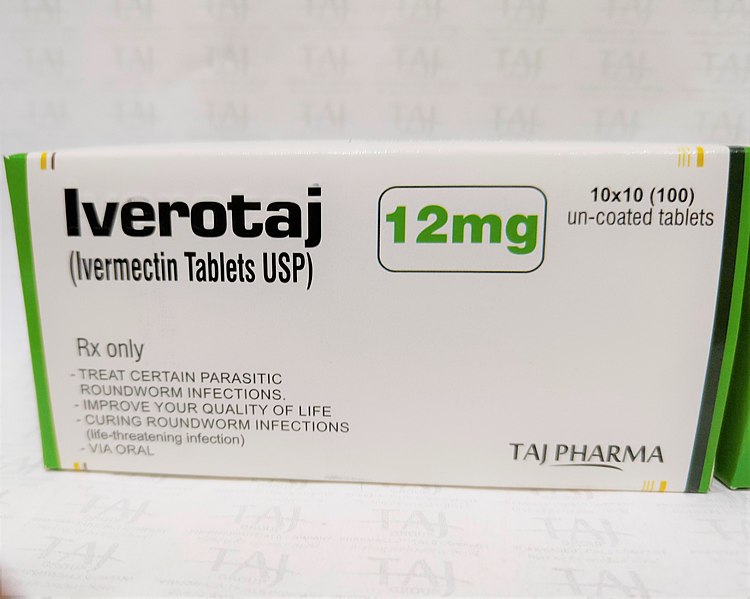In recent years, there has been growing interest in the use of ivermectin as a potential treatment for COVID-19. However, the European Medicines Agency (EMA) has recently issued a warning against the use of veterinary ivermectin for the treatment or prevention of COVID-19 in humans.

While it is true that ivermectin has shown some promise in treating COVID-19 in laboratory studies, there is currently no strong evidence to support the use of the drug for this purpose in humans. Moreover, the EMA warns that the use of veterinary ivermectin in humans can be dangerous and can cause serious harm.
The reason for this is that veterinary ivermectin is formulated for use in animals, and as such, it may contain additional ingredients that can be harmful to humans. Furthermore, the dosages prescribed for animals are typically much higher than those used in humans, which can also increase the risk of adverse effects.
Even in the case of approved human formulations of ivermectin, the drug should be used only under the guidance of a healthcare professional, taking into account the patient's medical history and current condition. The EMA emphasizes that self-medication with any drug is strongly discouraged, especially in the case of unproven treatments for COVID-19.
In addition to the potential risks associated with the use of veterinary ivermectin in humans, there are also concerns about the impact of widespread use of the drug in animals. The overuse of ivermectin in livestock can contribute to the development of drug-resistant parasites, which can limit the effectiveness of the drug in both animals and humans.
In conclusion, while ivermectin has demonstrated effectiveness in treating certain parasitic infections in both humans and animals, it should not be used for the treatment or prevention of COVID-19 in humans. The use of veterinary ivermectin carries significant risks and can be harmful to human health, while the overuse of the drug in animals can contribute to the development of drug-resistant parasites. Healthcare professionals are strongly encouraged to follow established guidelines and protocols for the treatment and prevention of COVID-19, and to avoid using unproven or potentially harmful treatments.